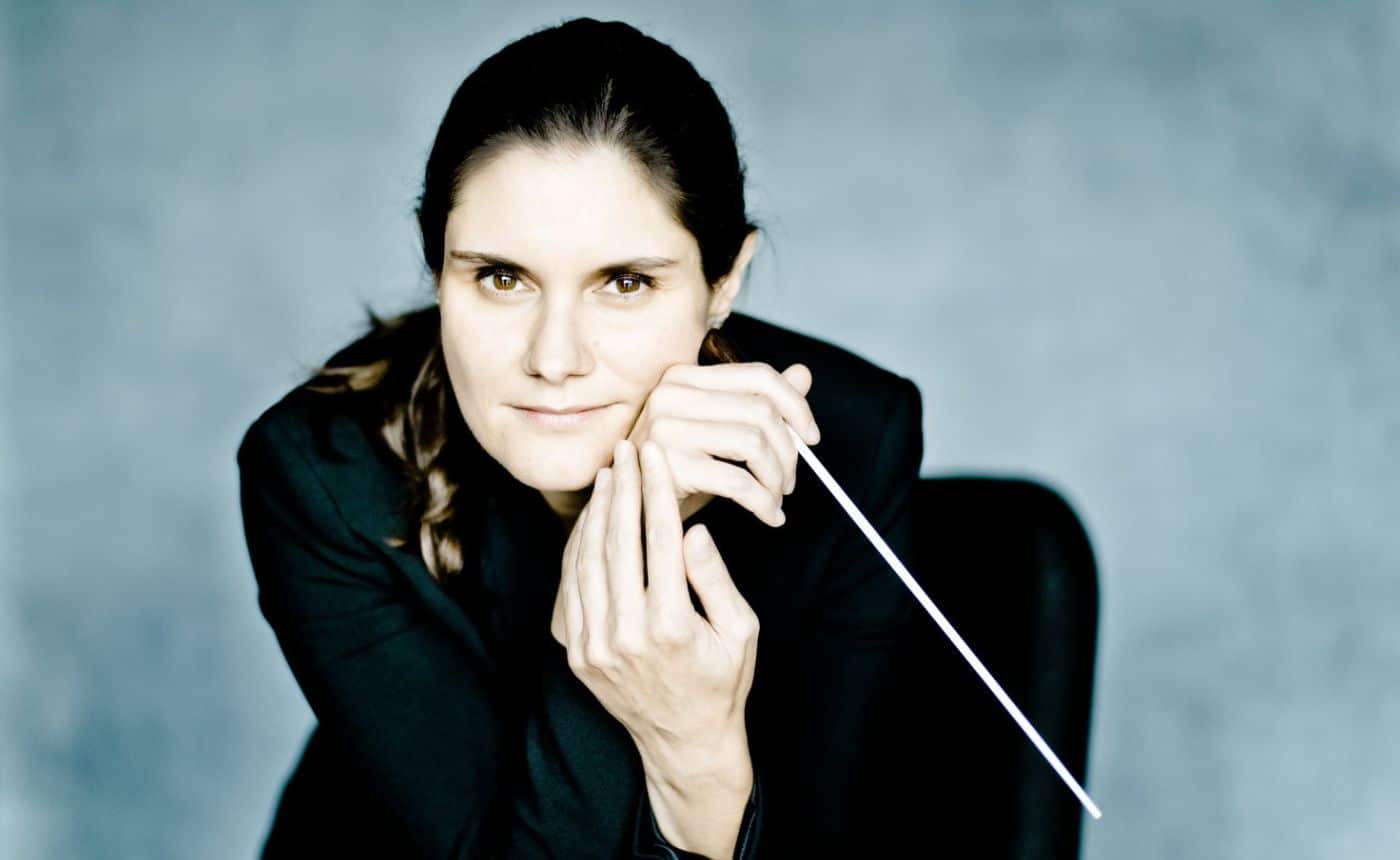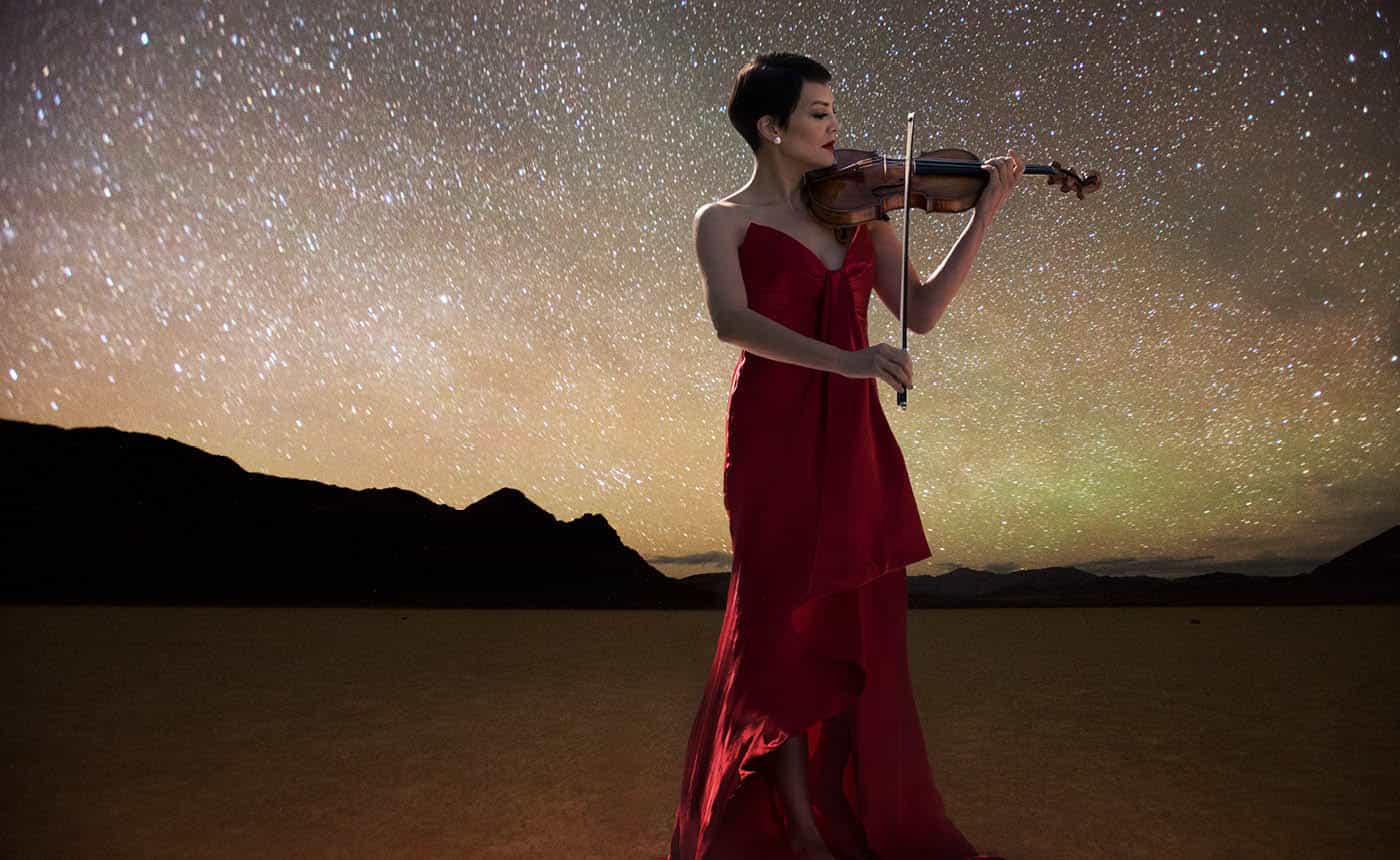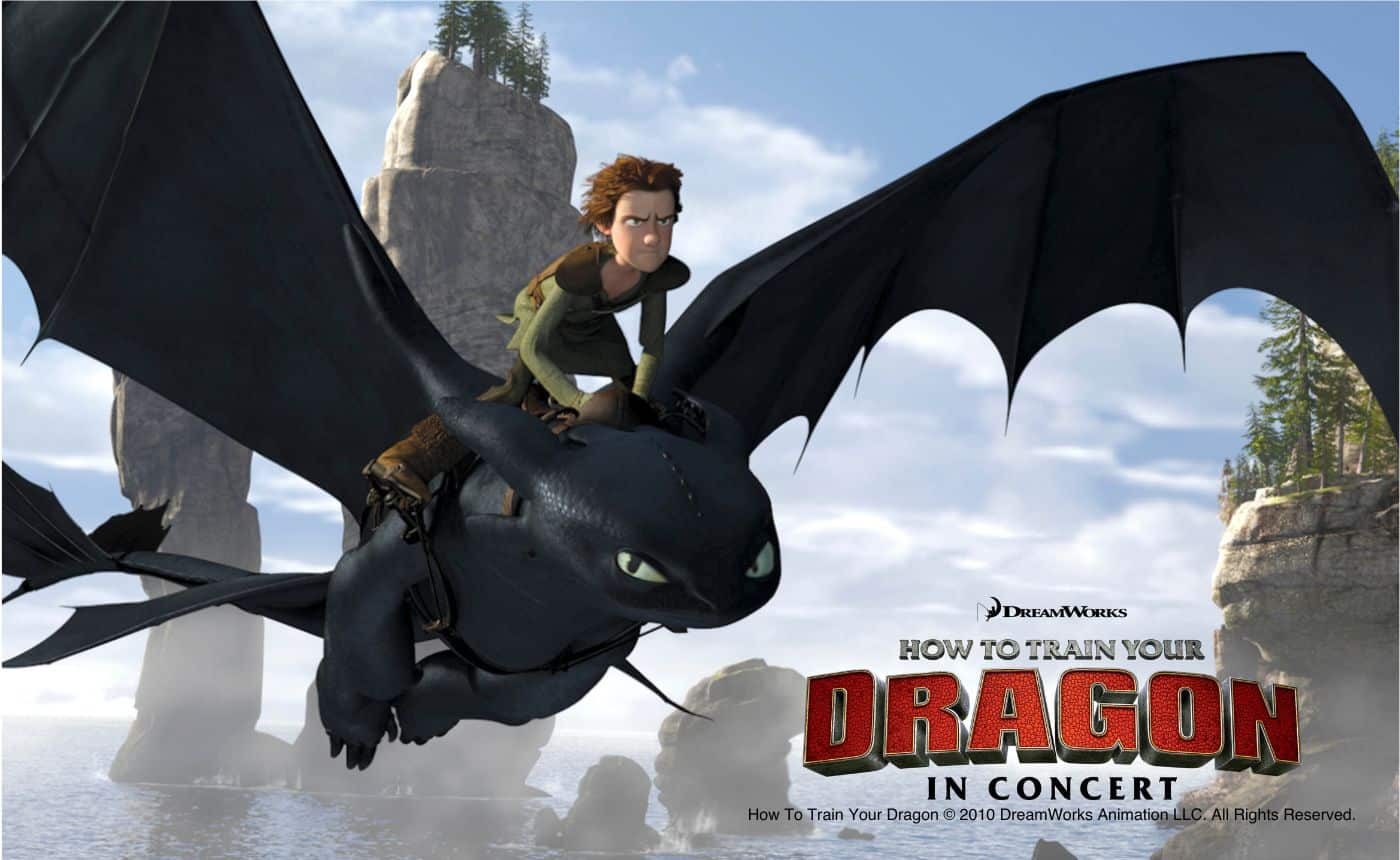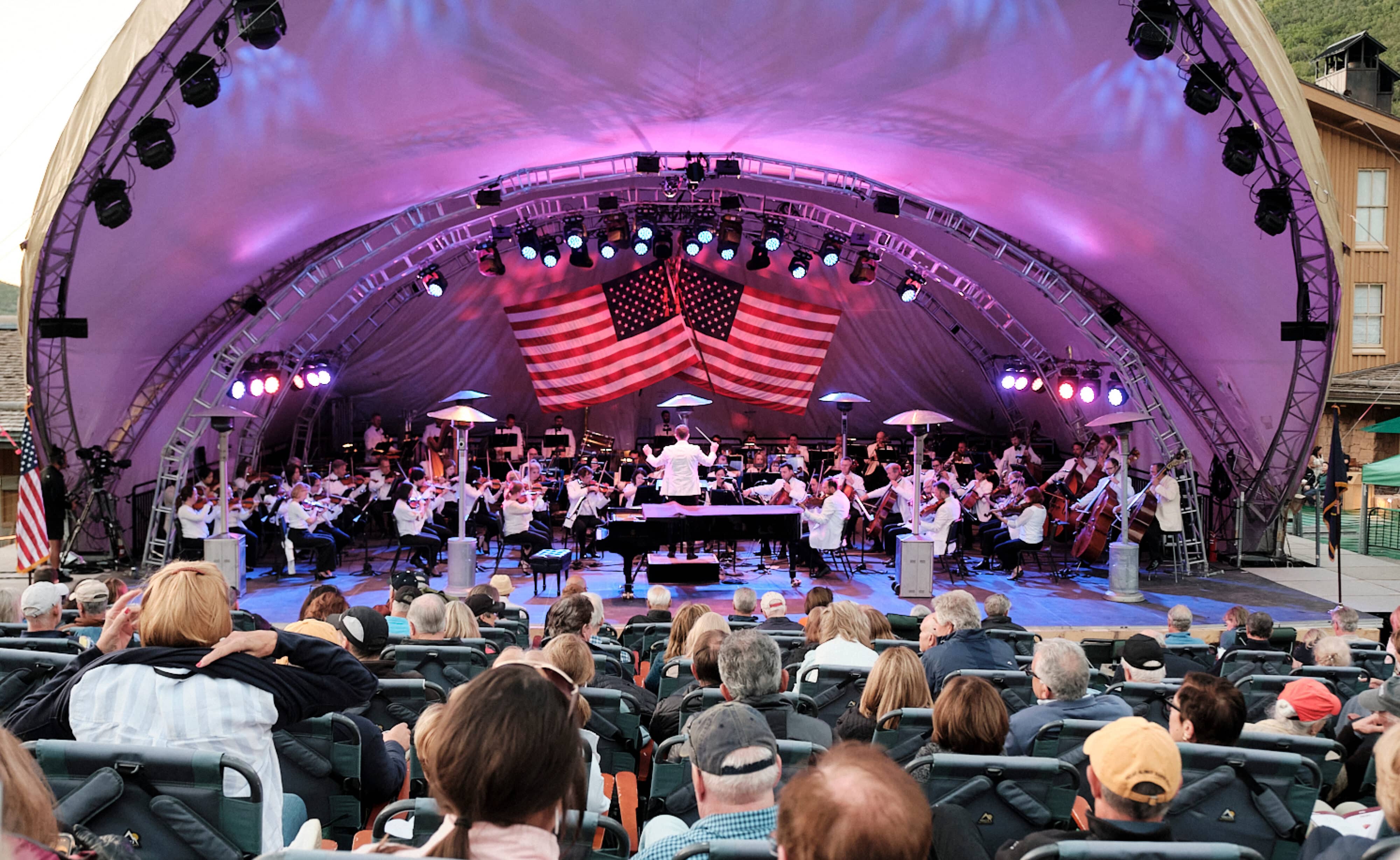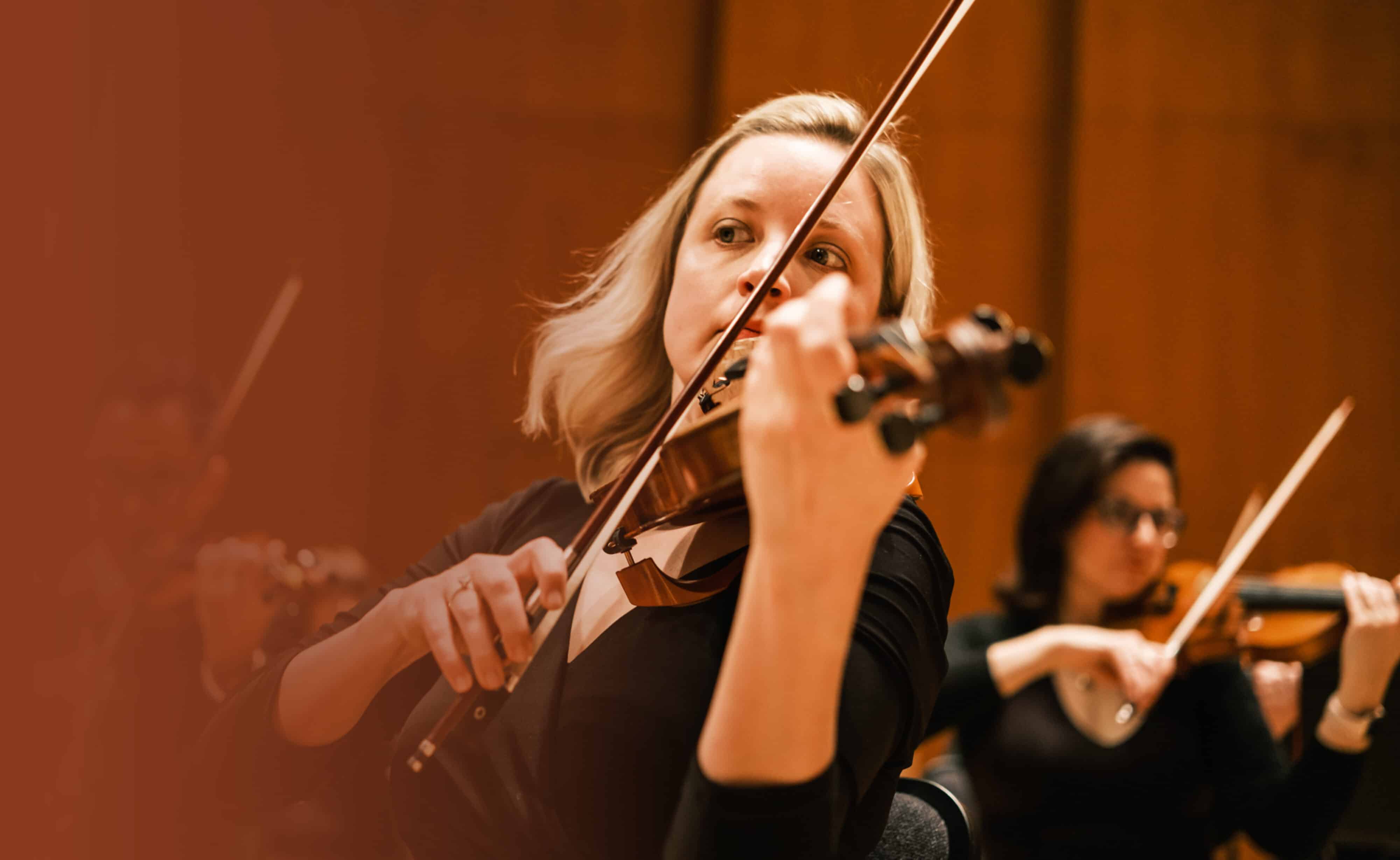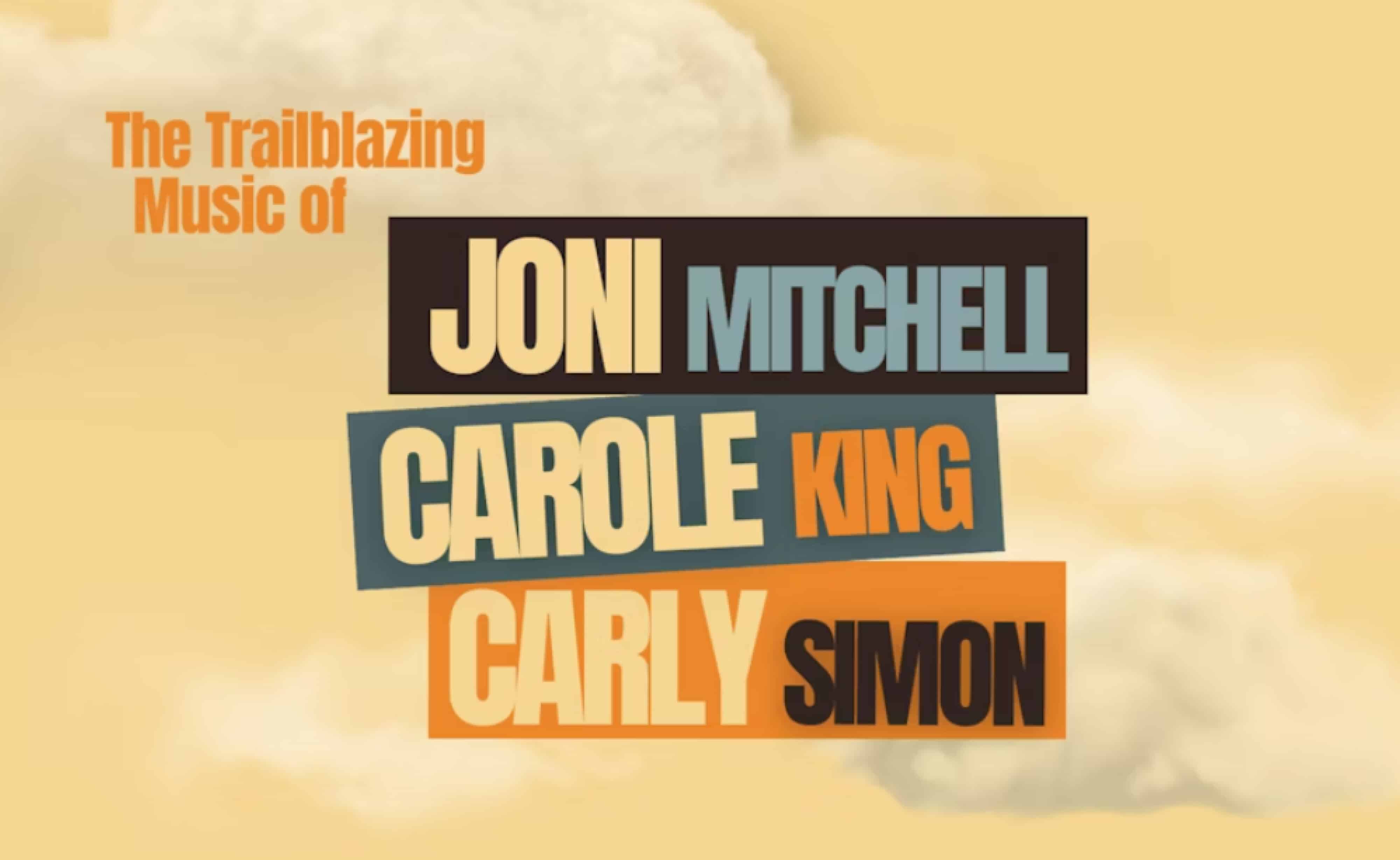Gently Weeps…?
by Jeff Counts
There’s nothing quite like a guitar. For portability – between cities, between social classes, between the blurry stratifications of genre – the guitar has no equal. It fits into the overhead space of virtually every situation (except, of course, some actual overhead spaces), and some iteration of it has been a part of our collective musical psyche since ancient times. The leap from acoustic to electric began about 100 years ago and was ultimately facilitated and perfected by important innovators like Beauchamp, Rickenbacker, Paul and Fender. Their work made it possible for the guitar to achieve a new kind of ubiquity, a cultural saturation not even our beloved piano enjoys. From blues wizards to rock gods, professional guitarists became heroes to us and, with the price of entry so much lower than a Steinway, amateurs everywhere could attempt to match them.
So, why don’t we hear more of them in Abravanel Hall? The potential for virtuosity with the guitar is limited only by human physiology, which is of course true of any physically manipulated machine, but the best in the world reach staggering levels of mastery. Put more directly, the true guitar geniuses are as impressive as any violinist or keyboard artist, but composers of “classical” music have never fully embraced the opportunity they offer. Concertos for guitarists do exist, thanks to a handful of Spanish composers and those they inspired, but the number of these works that remain in the regular performance rotation these days is…well…one!
Joaquín Rodrigo’s very famous Concierto de Aranjuez was written in 1939 for the guitarist Regino Sainz de la Maza. He composed the piece in Paris and brought it home with him after the civil war ended there. Though Rodrigo was not a guitarist, he was Spanish, so his understanding of the role the instrument played in his country’s musical history was innate and genuine. The Concierto is a stunning mix of courtly 18th-century elegance and contemporary drama. Aranjuez was the site of a royal retreat between Madrid and Toledo that Rodrigo briefly visited with his wife in 1933 after they were married. Almost six years later, the composer (blind from the age of three) was eager to depict a place where “the perfume of the magnolia lingers,” and the “singing of birds and the gushing of fountains” could be heard. It might be unfair, but this concerto is the main reason the world outside of Spain knows Rodrigo today. Concierto de Aranjuez is among the 20th century’s most popular works for a soloist on any instrument.
The remainder of the program highlights the full range of guitar expression by welcoming members of Another Night on Earth, an international electric guitar ensemble made up of musicians who regularly “crossover” into traditional and contemporary classical music. Tonight, they will take the stage with Utah Symphony for arrangements of music that ranges from the Renaissance to the Beatles. Maestro David Robertson is himself a member of this unique collective and the goal of this concert is to position the guitar (acoustic and electric) as a thrilling new point of entry into our occasionally intimidating temples of orchestral music. To that very end, USUO hosted a series of classes with Another Night on Earth members meant to educate local guitar enthusiasts on technique, sound design and other fun, intellectual topics.
As part of this instructional initiative, composer Steve Mackey, whose orchestral showpiece Turn the Key (a “dance” in his words) opens the concert, worked with area musicians on how to write music for the guitar. Mackey has always looked for ways to include his first love, the blues-rock guitar, into his work as a composer of orchestral and chamber music. From Troubadour Songs for electric guitar and string quartet (1991) to the experimental music theater piece Slide for electric guitar, voice and the eighth blackbird ensemble (2011) to the brand-new concerto for electric guitar and orchestra Aluminum Flowers, Mackey has lived his artistic life at the vanishing point where reportedly incongruent styles meet. In Aluminum Flowers, he traces the history of the instrument from the 600-year-old Spanish vihuela (a kind of lute) to its various modern applications in blues, jazz and rock. In an interview for the premiere performance at the Curtis Institute, Mackey referred to the most successful guitarists as polymaths. “Guitarists,” he claimed, “more than any other instrumentalists, tend to [master several disciplines]”. He knows of what he speaks, and his concerto, accordingly, makes numerous technical and musical demands on the soloist.
Composer and performer James Moore was equally keen on bringing the electric guitar out of the club and into the concert hall. He wrote the concerto Sleep is Shattered in 2021 for a premiere on the Chicago Symphony’s MusicNOW series. It is inspired by passages from Dante’s Divine Comedy. Like an electric guitarist sitting in front of an orchestra, Moore calls the narrator of the epic poem “an outsider exploring…wild and fantastical worlds.” Moore believes his instrument has “an exceptional ability to traverse between acoustic and electronic sound worlds,” so, in his hands, it is the perfect interpreter of the frequent narcoleptic collapses that transport Dante’s narrator between his various states of being. As guitarists, he continues, “we can conjure sonorities which lurk and bubble beneath the surface, mingle as peers within the orchestral texture, and tear through the ensemble with explosive energy.” Moore wrote Sleep is Shattered for Marc Ribot, a session legend who worked with Tom Waits and Elvis Costello, among others.
Speaking of legends, Frank Zappa was one of the great jazz-rock fusion guitarists of his age. He was also one of the most iconoclastic satirists of American culture of any age. No good can come from an attempt to classify Zappa’s singular music, but his influences are well worth listing. Varèse, Stravinsky, Webern? Yes. But also, Guitar Slim, B. B. King and any Doo-wop band he could get his ears on. For his 1986 album “Jazz from Hell”, Zappa wrote a brief tour de force called G-Spot Tornado. Zappa was often criticized for his fiendishly difficult pieces, but even he thought the Tornado was too much for human hands. So, he essentially gave the job to a robot (the Synclavier, an early digital synthesizer). There it stayed until the Frankfurt-based Ensemble Modern proved it could be done by a mortal orchestra in 1993. Tonight, it will be proven again, as Utah Symphony, Jiji and Another Night on Earth bring their inaugural Guitar Celebrations Festival to a close in break-neck style.




